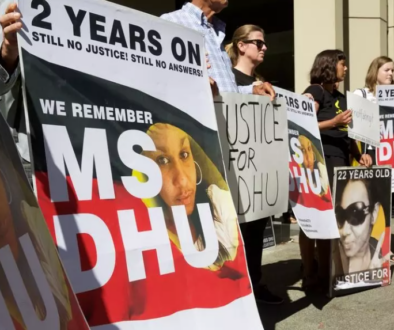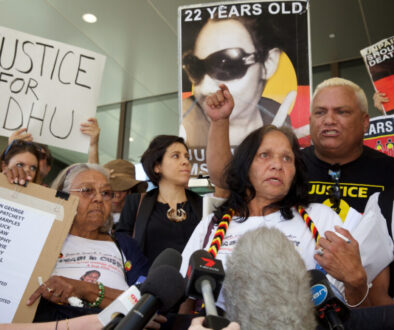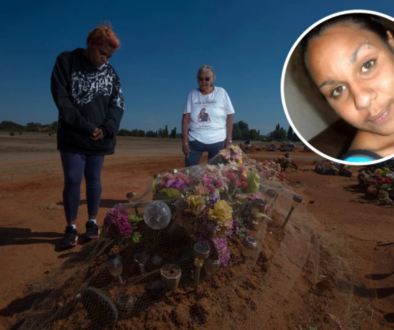WA Police, health service apologise to family of Ms Dhu 10 years after death in custody in South Hedland
Key points:
-
Authorities in Western Australia have formally apologised to the family of an Aboriginal woman who died in custody 10 years ago.
-
Despite resuscitation attempts, Ms Dhu could not be saved.
-
In a joint statement issued on Friday, the WA Police and the WA Country Health Service formally apologised for the tragedy.

Authorities in Western Australia have formally apologised to the family of an Aboriginal woman who died in custody 10 years ago.
WARNING: Aboriginal and Torres Strait Islander readers are advised this article contains the image of a person who has died.
Known as Ms Dhu, the 22-year-old was being held in police custody in South Hedland for unpaid fines when she died of an infection on August 4, 2014.
Ms Dhu was twice taken to Hedland Health Campus within 24 hours of her detention after she reported feeling unwell, but she was returned to her cell after being declared medically fit.
On her third presentation to hospital on the morning of her death, emergency department staff found her condition to be critical.
Despite resuscitation attempts, Ms Dhu could not be saved.
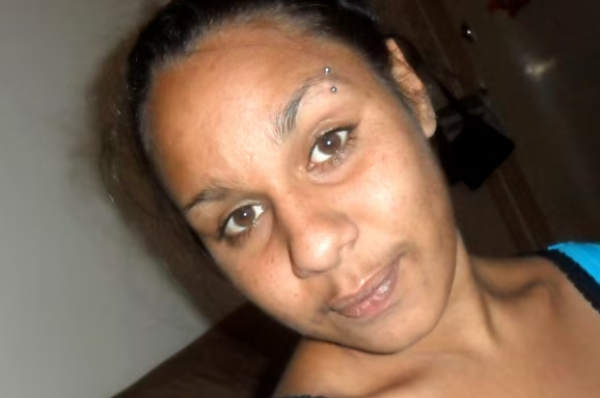
Coronor Ros Fogliani found a number of failings and neglect by police officers and hospital staff led to the “catastrophic decline” in her health, and concluded her death could have been avoided.
In a joint statement issued on Friday, the WA Police and the WA Country Health Service formally apologised for the tragedy.
“We are truly sorry for the circumstances of Ms Dhu’s death and recognise the significant impact her passing has had on her family and her community,” the statement said.
“This apology is made following a mediation process that concluded in March 2024,” it added.
“Other than this apology, details of the conclusion of the mediation process remain confidential.”
‘Tectonic’ attitude shift
Lawyer Stewart Levitt represented Ms Dhu’s family in the WA Supreme Court and at the Australian Human Rights Commission.
He said authorities issuing an apology represented a shift in attitudes.
“There’s been a tectonic shift in the attitude of the West Australian government since we went to the Human Rights Commission a few years ago,” Mr Levitt said.
With the apology coming ten years after Ms Dhu’s death, Mr Levitt said it was “too late, but better late than never”.
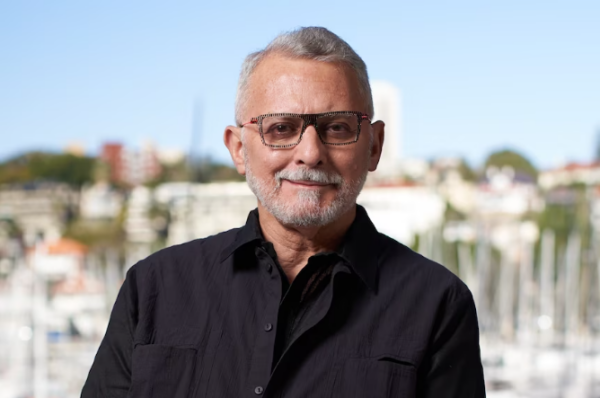
Mr Levitt hoped the apology could create change in the minds of Australians and authorities.
“There has to be a change in the psyche of the people responsible for the acts for which they’re apologising for,” he said.
But, Mr Levitt said change needed to come in the form of tangible action.
“An apology is just words, words don’t change a lot.
“The Western Australian government has to start walking the walk, not just talking the talk.”
Mr Levitt said Ms Dhu’s case remained a key example of the conditions faced by Indigenous Australians around the country.
“It’s horrific that this ever happened,” he said.
“It speaks volumes about the disdain and the derisory attitude of so many Australians towards Indigenous people.”
Contact us
Please provide a brief description of your claim.

